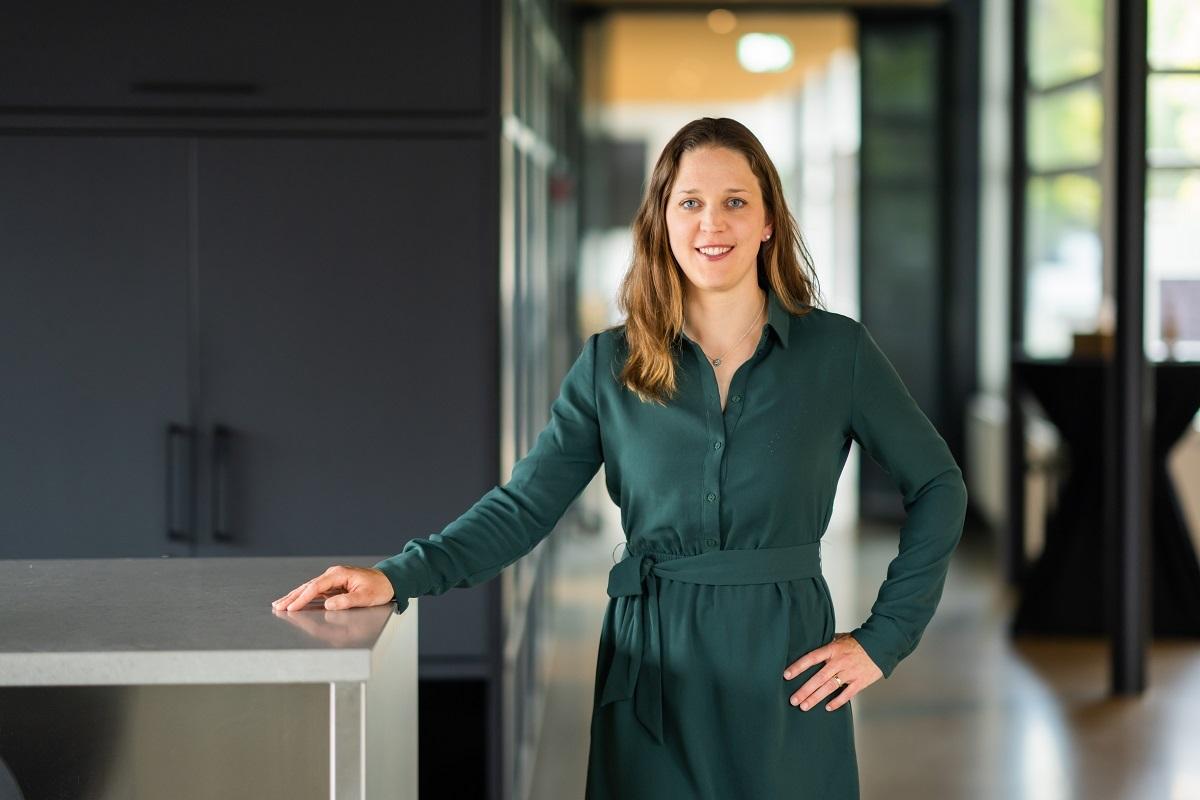
Employment, Employee Participation & Mediation
Employee participation in 2025: the key themes at a glance
8 January 2026
In 2025 as well, courts have regularly ruled on issues relating to employee participation. In this blog, we discuss the most notable judgments on the basis of five (recurring) current themes.




